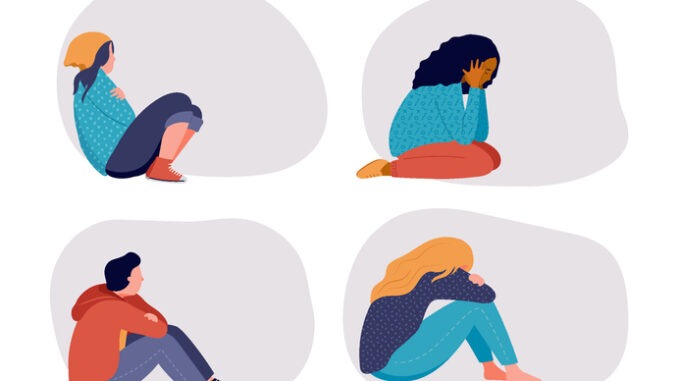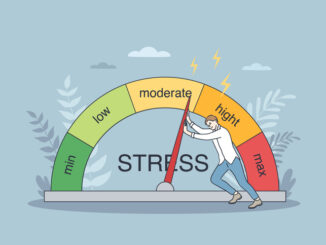
Practical tips to help manage feelings of loneliness – and places you can go to for support
CREDIT: This is an edited version of an article that originally appeared on Mind
We all feel lonely from time-to-time. Feelings of loneliness are personal, so everyone’s experience of loneliness will be different. One common description of loneliness is the feeling we get when our need for rewarding social contact and relationships is not met – but loneliness is not always the same as being alone.
You may choose to be alone, and live happily without much contact with other people, while others may find this a lonely experience. Or you may have lots of social contact, or be in a relationship, or part of a family, and still feel lonely – especially if you don’t feel understood, or cared for, by the people around you (see our information on the causes of loneliness).
Is loneliness a mental health problem?
Feeling lonely isn’t, in itself, a mental health problem, but the two are strongly linked. Having a mental health problem can increase your chances of feeling lonely. For example, some people may have misconceptions about what certain mental health problems mean, so you may find it difficult to speak to them about your problems (see our tips for dealing with stigma).
Or you may experience social phobia – also known as social anxiety – and find it difficult to engage in everyday activities involving other people, which could lead to a lack of meaningful social contact and cause feelings of loneliness.
What causes loneliness?
Loneliness has many different causes, which vary from person to person. We don’t always understand what it is about an experience that makes us feel lonely. For some people, certain life events may mean they feel lonely, such as:
- experiencing a bereavement;
- going through a relationship break-up;
- retiring and losing the social contact you had at work;
- changing jobs and feeling isolated from your co-workers;
- starting at university;
- moving to a new area, or country, without family, friends or community networks.
Other people find they feel lonely at certain times of the year, such as around Christmas. Some research suggests that people who live in certain circumstances, or belong to particular groups, are more vulnerable to loneliness. For example, if you:
- have no friends or family;
- are estranged from your family;
- are a single parent, or care for someone else – you may find it hard to maintain a social life;
- belong to minority groups and living in an area without others from a similar background;
- are excluded from social activities due to mobility problems or a shortage of money;
- experience discrimination and stigma because of a disability or long-term health problem, including mental health problems;
- experience discrimination and stigma because of your gender, race or sexual orientation ;
- have experienced sexual or physical abuse – you may find it harder to form close relationships with other people.
How can I manage loneliness?
- Take it slow.
- Make new connections.
- Try peer support.
- Try to open up.
- Talking therapies.
- Social care.
- Be careful when comparing yourself to others.
- Look after yourself.
Some people find these ideas useful, but remember that different things work for different people at different times. Only try what you feel comfortable with, and try not to put too much pressure on yourself. If something isn’t working for you (or doesn’t feel possible just now) you can try something else, or come back to it another time.



Be the first to comment